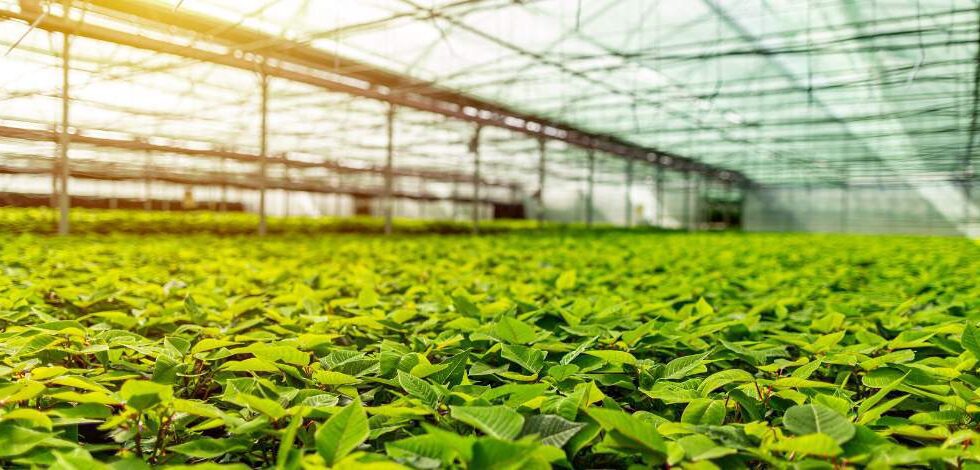What are the immediate effects on the food and beverage sector?
The Food & Beverage sector saw an almost immediate impact from the COVID-19 pandemic. With cafes, bars and restaurants all closed for on-premise consumption, new ways of working need to be found quickly in order for businesses to survive.
Supermarkets remain open but have a wholly different situation to contend with. Empty shelves and disrupted supply chains are necessitating a huge recruitment drive. Without exception, large supermarket chains are hiring thousands of new staff. Asda is offering shifts or temporary secondments to help bridge the gap between out of work hospitality personnel and the swift rise in supermarket vacancies. Other outlets are sure to follow.
Across the manufacturing arm of the sector, including reports from some of our existing clients, we are seeing shifts in demand for many food items. This includes a massive decrease in ‘on-the-go’ foodstuffs like prepared sandwiches and wraps, and a swing towards ready made meals to cook at home like pizzas and pasta ready meals. This goes hand in hand with the extra 503 million meals being prepared and eaten at home each week for the foreseeable future.
Farming and agriculture are feeling the strain too. Fresh produce is struggling to make it off the vine without people to pick and struggling to make it out of warehouses due to restaurant closures. The government has announced a new campaign Pick for Britain, and is set to ask millions of university students and furloughed workers to help pick fruit and veg for the seasonal harvests. Some larger producers have gone one step further and chartered flights directly from Romania to fill the 90,000 headcount needed by the industry to harvest.
Some farming and wholesale businesses are turning directly to the consumers by offering a true farm-to-fork experience with new veg delivery box options and online stores being developed overnight. Understandably, existing recipe delivery box companies such as Gousto, Hello Fresh, Riverford, Abel & Cole, allplants and COOK, are witnessing an unprecedented level of orders and subscriptions.
Most distilleries have turned their hand to the manufacture of hand sanitising gel, including BrewDog which converted its Ellon distillery delivered gel to local NHS institutions for free. This type of project is inherently innovative, will help smaller businesses financially, and will help their brand in the long run.
How could this change in the near future?
A big question for most companies is ‘How do we keep factories in the supply chain going?’ Getting produce to consumers, by any means, will remain a top priority for most in the sector. Projects will have to be innovative, and companies can rest assured that they’ll be rewarded with R&D tax relief for any qualifying expenditure.
However, there will be unavoidable issues for the sector as time goes on. The late Spring and Summer harvests are swiftly approaching and without the usual transient workforce, what will happen to the crops, and the businesses that need them harvested and sold to survive?
New ways of working are being trialled by almost every business in the sector. One of our large ingredient manufacturers has split factories into zones with different teams operating in complete isolation to each other in order to keep production rolling.
Last updated: 17th April 2020, 10:30












